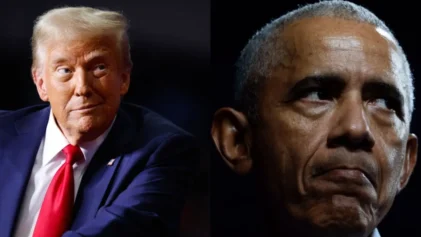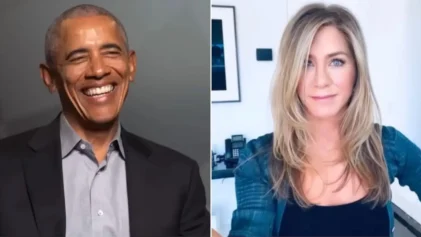If there’s one place that desperately needs a respite from the ravages of gun violence, it’s Chicago. The city is already on pace to surpass its 2012 murder rate of 516, with 12 people murdered in the first six days of this year and another six killed this past weekend.
Chicago got singled out by President Obama yesterday when he introduced his initiative to cut down on gun violence.
“Along with our freedom to live our lives as we will, comes an obligation to allow others to do the same. We don’t live in isolation. We live in a society, a government for and by the people. We are responsible for each other,” he said.
“That most fundamental set of rights to life, liberty and the pursuit of happiness, fundamental rights that were denied to college students at Virginia Tech and high school students at Columbine and elementary school students in Newtown; and kids on street corners in Chicago on too-frequent basis to tolerate; and all the families who never imagined they’d lose a loved one to a bullet, those rights are at stake. We’re responsible.”
As the president pointed out, gun violence continued to rage across America even after the Newtown shootings killed 20 students.
“In the month since 20 precious children and six brave adults were violently taken from us at Sandy Hook Elementary, more than 900 of our fellow Americans have reportedly died at the end of a gun — 900 in the past month,” he said. “And every day we wait, the number will keep growing.”
A story on NPR noted that many of the president’s proposals could have a big impact in Chicago.
Chicago police superintendent Garry McCarthy said his city seizes more guns every year than any other police department in the country — more than 7,400 last year and nearly 300 already this year.
“I submit that assault weapons and high-capacity magazines are military-grade weapons that don’t have a place in our society, except for in the military,” McCarthy says.
Colleen Daley, executive director of the Illinois Council Against Handgun Violence, says the president is tackling one of the city’s biggest problems — the easy sale of handguns — by expanding the background check system.
“We have 120,000 mental health records in the state of Illinois that have not been put in the federal background-check system,” she told NPR. “That’s not due to … lack of effort to do it. There hasn’t been funding there.”
And as for the president’s effort to push for more research, Harold Pollack, co-director of the Chicago Crime Lab, was pleased.
“We need to investigate when a violent incident occurs to see if there are common patterns with other kinds of violent acts,” he said. “And (there are) a number of things where we have not been able to deploy the full force of the research enterprise, of the public health enterprise, to really attack gun violence with the seriousness that this subject deserves.”


